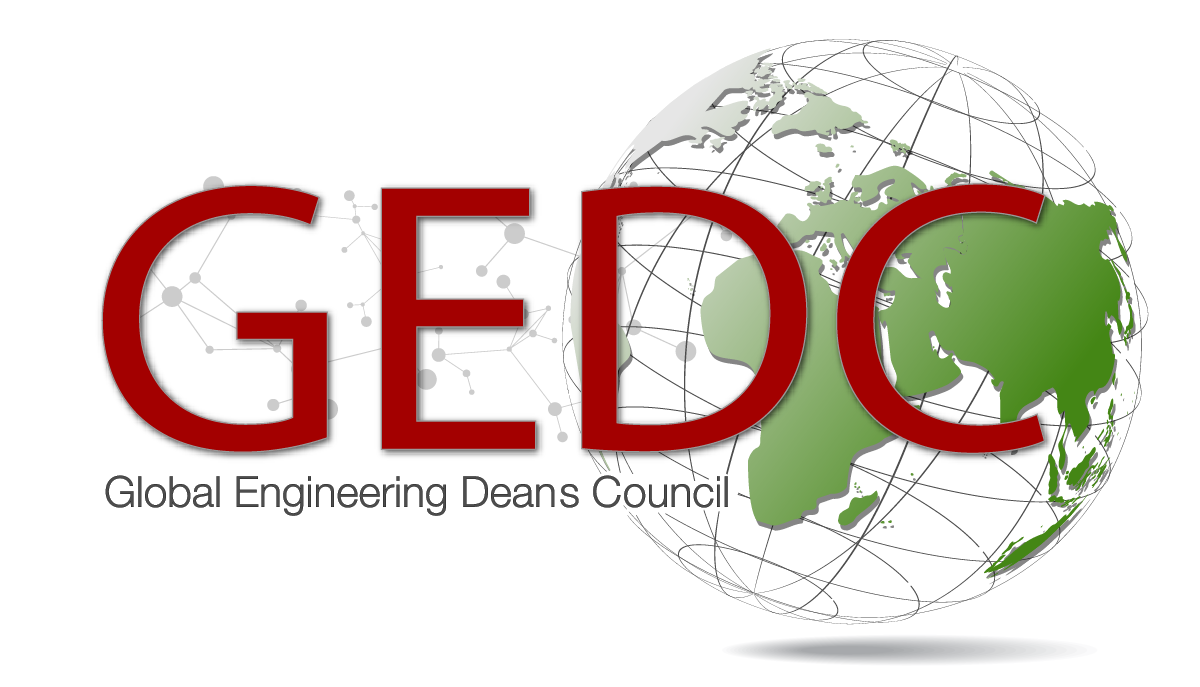Globalization and the Fourth Industrial Revolution are changing the future of employment as the internet of things and the internet of systems exponentially infiltrate workplaces. In fact, future jobs that don’t yet exist are a hot topic and students must ask themselves whether their chosen study path will equip them with the skills that will be valued by future employers.
However, this doesn’t only afflict those looking to enter the engineering profession. Engineers and technicians who are working in the industry must ensure they stay on top of these changes through continuous professional development.
In the world of engineering education, these developments have strengthened the premise of live online learning. This platform has opened the door for working engineers and technicians looking to upskill or gain formal qualifications for career enhancement and to remain relevant. The internet and concomitant technologies have given students a unique opportunity to study from their offices – at home or work – and still connect, in real-time, with their globally-based industry professionals and lecturers.
The campus and physical labs have been replaced by simulation software and remote and virtual labs, which are connected to real equipment. They ensure students gain the necessary applied practical skills and knowledge.
Many traditional educational institutions struggle to adapt to rapidly changing technology, automation, and market demand. However, the Engineering Institute of Technology (EIT) has gained momentum as one of the only institutes in the world specializing in delivering synchronous online, industry-driven, applied engineering education.
This evolution at EIT began globally in 2008. In preparation, EIT’s Dean of Engineering, Dr. Steve Mackay, spent four years extensively researching and analyzing the various online learning platforms and available ‘tools,’ which resulted in him achieving a Ph.D. It enabled him to devise an innovative live approach to learning, where industry experts instruct and lecture students from around the world using an interactive forum.
“We are in a hyper-connected world. Everything is becoming software-driven, and we are bringing engineering education into that realm, and this globally digital world. We are in the Fourth Industrial Revolution. We can see it in action, and we want students to get the necessary skills required for the technologies defining the oncoming industries of the future,” said Dr. Mackay.
“Through our online delivery model, we are able to deliver relevant, high-quality, and up-to-date education to students around the world, ensuring everyone has the ability to continually develop their skills and knowledge. We provide practical experience through remotely operated online labs that are connected to real equipment.”
Engineers consistently propel the growth of technology because they design, build, and maintain anything from infrastructure to highly complex systems that run the world’s most crucial industries. To ensure EIT’s programs stay abreast of these changes, they are designed by an international body of industry experts. Their content is subsequently and continuously improved because EIT’s lecturers and students, also working in industry, drive the process. In a world defined by rapidly changing technologies, EIT graduates take cutting-edge skills, valued by employers globally, into their places of work.
EIT Deputy Dean, Indumathi V, explains, “At the core of our design, at its center, are our students. We are constantly thinking about what they are required to gain and their job outcomes after they graduate with us.”
Ishmael Muumbe, originally from Zimbabwe, has received both his 52708WA – Advanced Diploma of Industrial Automation and 52726WA – Advanced Diploma of Applied Electrical Engineering through EIT, and will be undertaking the Bachelor of Science (Electrical Engineering) in 2020.
He currently works on the mines for Fortescue Metals Group in the Pilbara region in Western Australia. His everyday responsibilities include service, repair, and maintenance of an electrical mining processing plant.
He said, “Studying online has made me manage my life in a great way. I enjoy work life, family time, and study time at the same time. It’s not always easy to study online, though. One must develop great time management skills, especially to ensure you stay on top of your studies.
“The studies I have completed with EIT have made me appreciate and understand how electrical engineering and automation merge.”
EIT offers a range of courses via its unique online delivery model, including professional development courses, diplomas, and degrees. The vocational and higher education programs are accredited by the Australian Government, and a growing number of the programs are also recognized under international engineering accords. Together with their sister organization IDC Technologies, they have trained over 500,000 engineers, technicians, and technologists globally over the last 30 years.
While all of EIT’s programs are available online, most of the higher education bachelor’s and master’s degrees are also offered on campus in Australia – in Perth and Melbourne.

